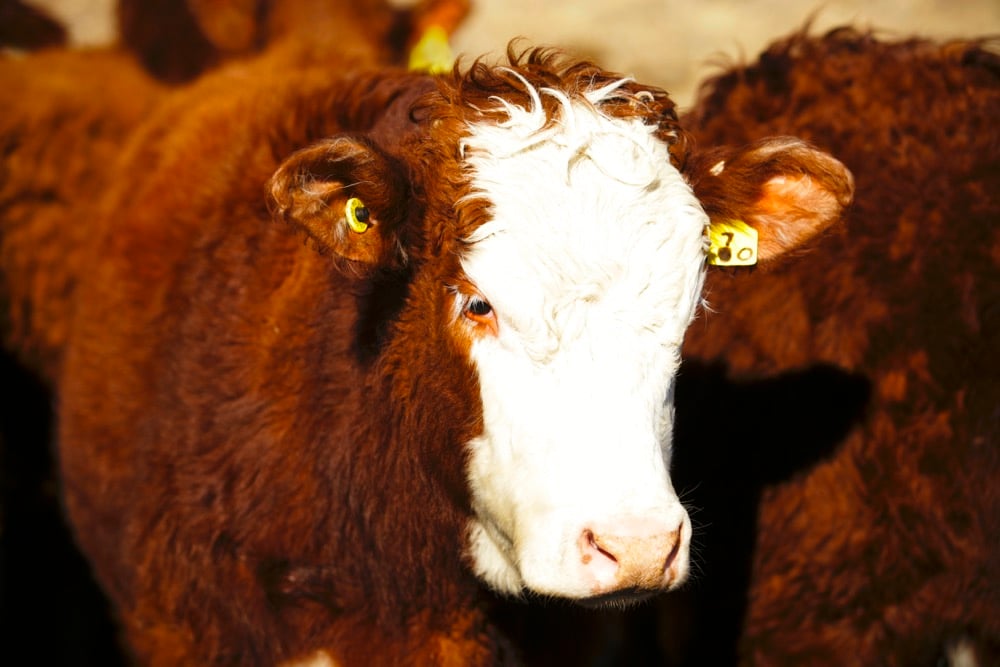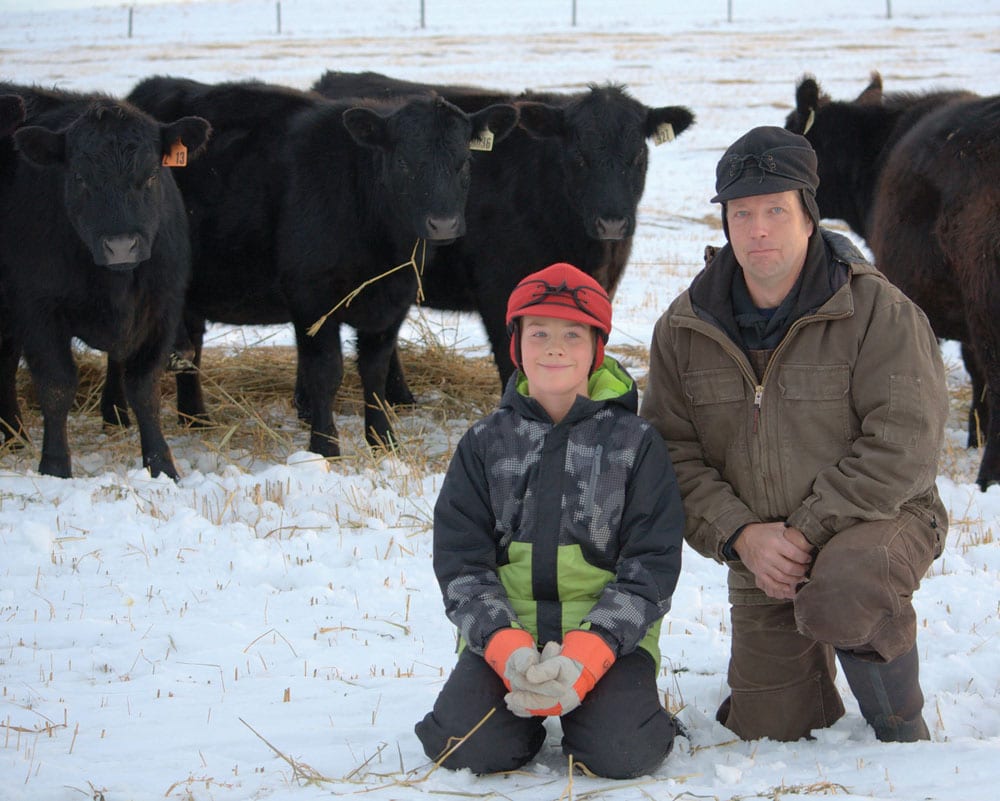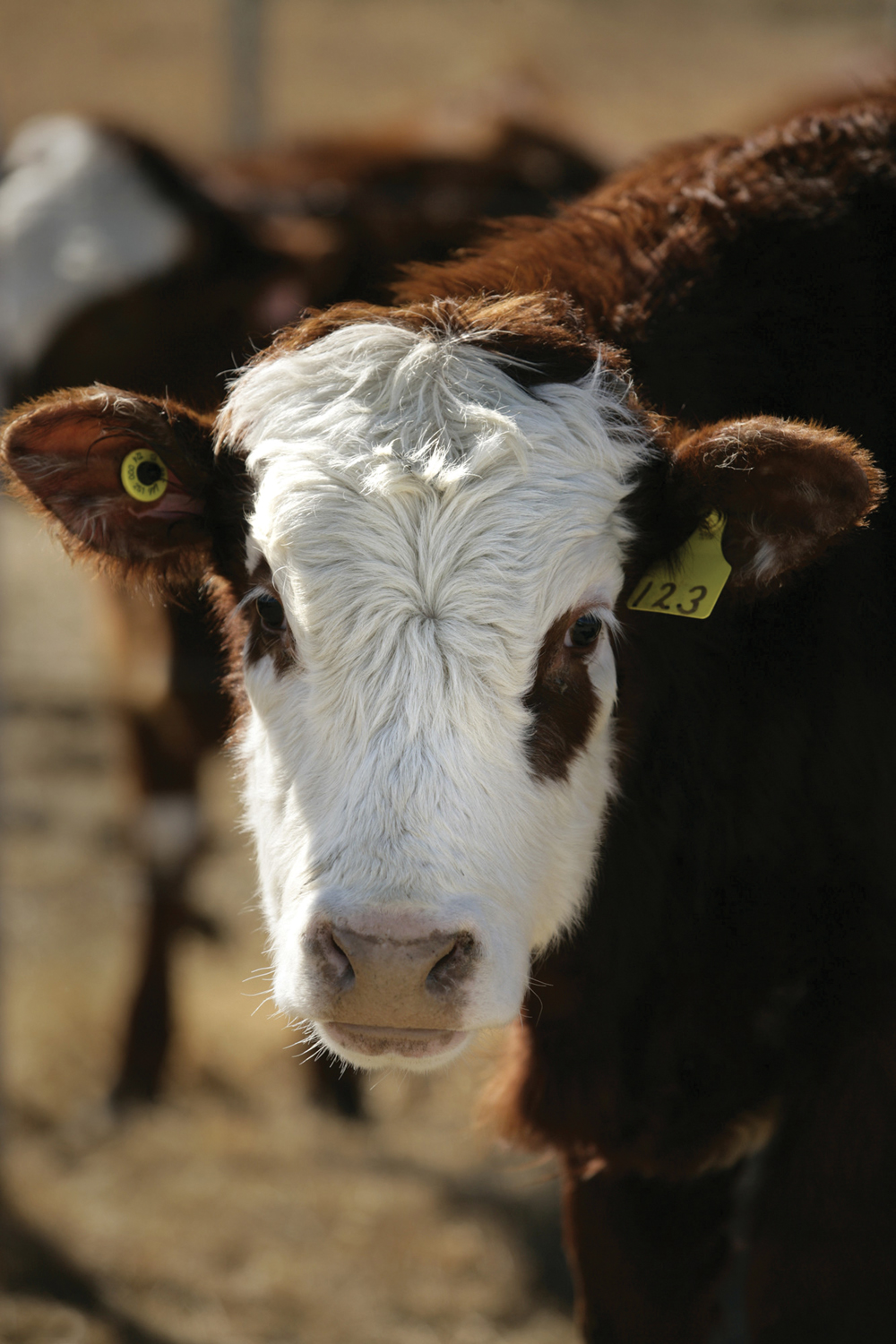Alberta Beef Producers highlighted changes for medically important antimicrobials (MIAs) that will take effect on Dec. 1, 2018.
“While current research does not point to any clear, direct link between antimicrobial use in cattle and resistance in people, it is in our best interests to use these products appropriately,” the organization stated in the Nov. 24 edition of its Grass Routes e-newsletter.
“This will help us maintain access to antimicrobials to ensure the welfare of the cattle under our care, as well as help to preserve the efficacy of these products into the future for both animals and people.”
Read Also

Horns aren’t unlocking anytime soon on livestock transport standards
Standards good enough meet the definition of “humane” animal transportation still vary widely between what what industry wants, what animal rights advocates want and, between the two, what federal regulators decide is good enough.
The newsletter noted there are currently eight products for use in beef cattle that make growth promotion claims on their labels.
“Of those, four also have a therapeutic claim and can be continued to be used for those treatment purposes as listed. The other four products (Aureo S 700G, Aureo S 700G Drug Premix, ChlorS 700, and Neo-Terramycin) only have the growth promotion claim and will likely be removed from the market unless a health-related label claim is approved.”
It also notes that “products generally used to treat things like calf scours and foot rot (tetracycline, penicillin, sulpha drugs) that are currently available at farm supply stores will only be available through a veterinary clinic or pharmacy.”
As well, in-feed antimicrobials in pure form (like Tylan or oxy/chlortetracycline for liver abscesses) for use in on-farm mixing will no longer be available from feed mills.
“None of these changes impact access to, or the use of, ionophores like Rumensin/Monensin, Bovatec/Avatec, Posistac/Coxistac, etc. Ionophores are not considered medically important antimicrobials.”
However, implants that contain MIAs, such as Component and Compudose brands, will require a prescription starting in December 2018.
The organization urges to carefully plan herd health programs in consultation with a veterinarian.
The full newsletter can be found at the Alberta Beef Producers website.















